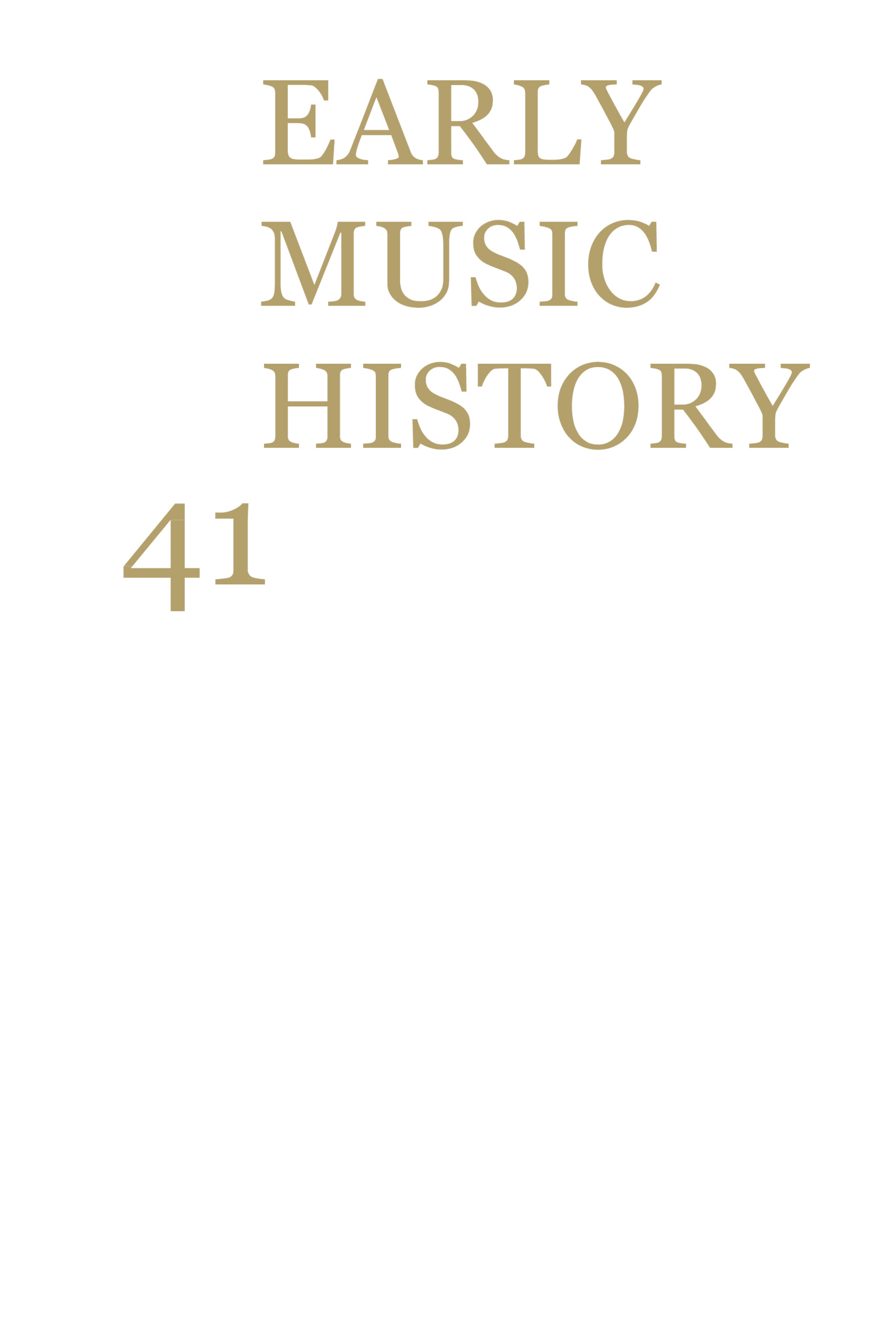Article contents
GIOSEFFO ZARLINO AND THE MISERERE TRADITION: A FERRARESE CONNECTION?
Published online by Cambridge University Press: 01 October 2008
Extract
Through Patrick Macey’s extensive research on Josquin des Prez’s Miserere mei Deus, the historical context of this monumental motet, especially its connection with the Savonarolan reform movement and its repercussions at the Este court of Ferrara, has received major attention. Above all, Macey has shown how this piece generated a whole cluster of compositions throughout the sixteenth century that bear musical, structural and/or textual references to Josquin’s work. One of the main elements of this intertextual web includes the use of Josquin’s soggetto ostinato – either literally or with slight variations – by composers such as Adrian Willaert, Cipriano de Rore and Nicola Vicentino, who were all connected with the Este court at a certain point in their careers. Macey’s discoveries have brought to light a highly intriguing reception history, to which other scholars have also contributed. In the present essay, I wish to add yet another piece of evidence to the afterlife of this Miserere tradition. I will focus on two lesser-known motets by Gioseffo Zarlino, Miserere mei Deus and Misereris omnium, both of which were published in his collection Modulationes sex vocum (Venice, 1566) (see Figure 1). Not only did they inscribe themselves in the intertextual network that was initiated by Josquin, but also they can be linked to the Ferrarese court in general and to Duke Alfonso II in particular.
- Type
- Research Article
- Information
- Copyright
- Copyright © Cambridge University Press 2008
- 2
- Cited by




